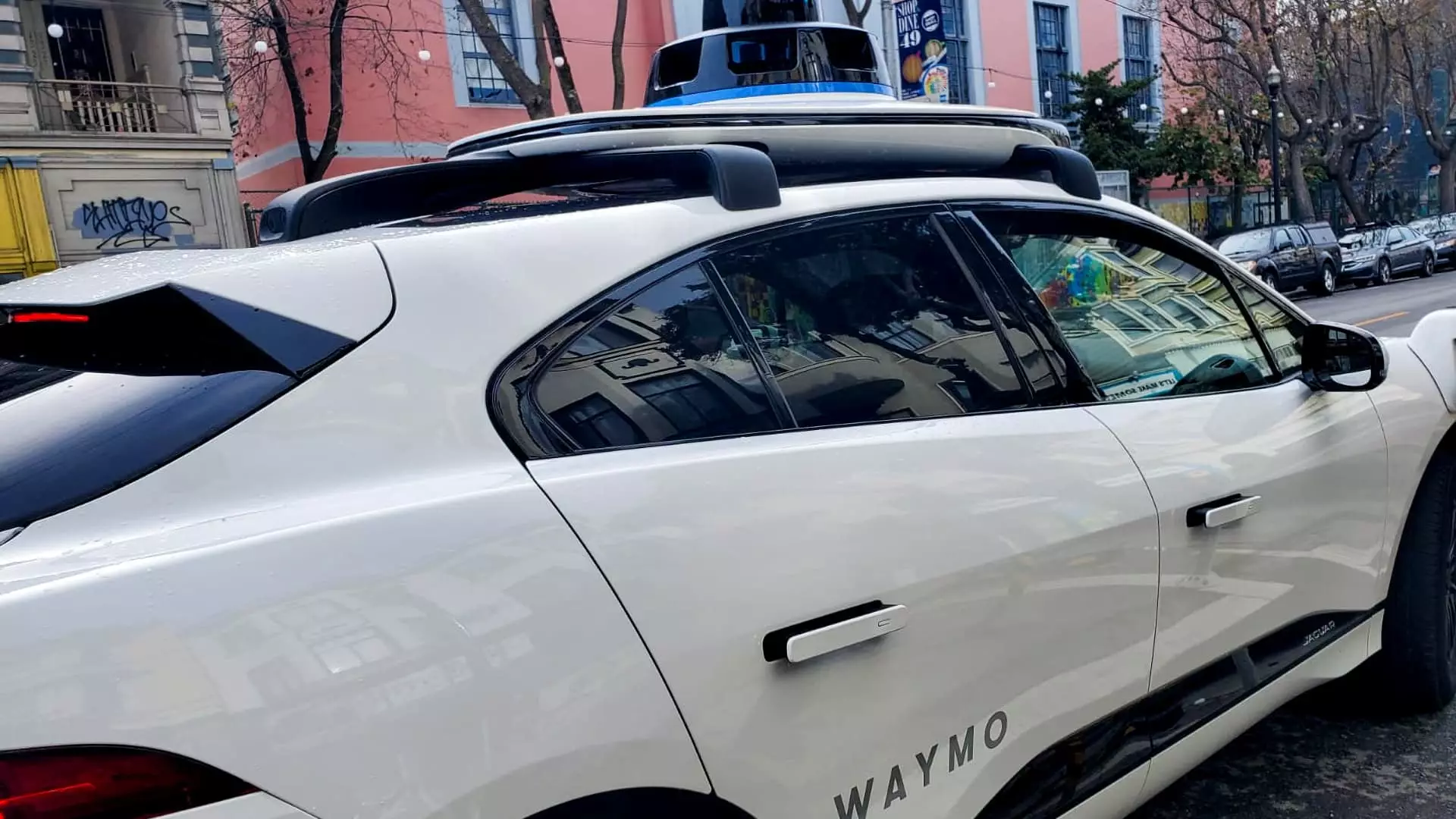In a significant move towards global expansion, Waymo, a subsidiary of Alphabet Inc., recently announced its intent to test autonomous vehicles in Tokyo starting in early 2025. This ambitious venture marks the company’s inaugural foray into international markets, representing a critical milestone in its development of self-driving technology. While the company has yet to confirm plans for a commercial robotaxi service, this initiative sets the stage for a deeper engagement with Japan, a nation keenly interested in innovative transportation solutions, especially given its aging population.
Integral to this expansion are partnerships with Nihon Kotsu, Japan’s largest taxi operator, and the taxi service app GO. Initially, Waymo’s Jaguar I-PACE vehicles will be manned by Nihon Kotsu drivers, who will take on the role of operators for mapping various districts within Tokyo. High-traffic areas such as Minato, Shinjuku, Shibuya, Chiyoda, Kōtō, and Shinagawa will serve as focal points for this mapping process, essential for training Waymo’s AI systems. This detailed data collection is crucial, as it provides the foundational information necessary for the eventual rollout of autonomous driving capabilities in these complex urban environments.
Waymo’s approach to adapting its autonomous technology to Tokyo’s unique driving culture showcases a commitment to thorough preparation. By conducting manned tests and utilizing artificial intelligence for data analysis, the firm aims to learn how to effectively integrate into Japan’s transportation ecosystem. In an official statement, Waymo expressed enthusiasm for collaborating with local partners, government officials, and community members, showcasing a dedication to understanding the intricacies of Tokyo’s urban landscape.
In addition to on-ground tests in Japan, Waymo will also simulate Japanese driving conditions on a closed U.S. course, allowing engineers to refine their technology before it hits the streets. This dual approach prioritizes safety and efficiency, ensuring that both systems and regulatory frameworks align with local expectations.
Japan represents a unique challenge for autonomous vehicle companies, particularly due to its left-hand driving system and dense urban atmosphere. However, both the national and Tokyo Metropolitan governments view self-driving technology as a viable solution to address the challenges posed by an aging population. Research indicates that the government sees this technology as beneficial for enhancing mobility options and alleviating transportation demands.
Tokyo has proactively established designated “test zones” for self-driving vehicles, striving to accelerate the integration of autonomous transportation solutions. Waymo’s entry into this market coincides with the activities of several local companies that are also exploring the realms of robotics and autonomous technology. For example, startups like Tier IV and ZMP are actively testing robotic taxis and delivery vehicles in the city.
Waymo’s announcement arrives in the wake of significant developments among competitors in the autonomous driving sector. Recently, General Motors announced its decision to withdraw from the robotaxi business with its Cruise division. This retreat from the market underscores the challenges faced by companies in the race to deploy reliable self-driving services. Meanwhile, Honda is evaluating its own plans to launch a driverless ride-hail service in Japan, with a target date of early 2026.
In light of these dynamics, Waymo’s venture into Tokyo could provide the company with a significant edge over its retrenching rivals. By establishing effective partnerships and leveraging local insights, Waymo can better navigate the complexities of market entry and regulatory compliance.
As Waymo prepares for its test runs in Tokyo, the transportation landscape is poised for transformation. The success of these initiatives hinges not only on technology but also on the ability to integrate seamlessly into existing systems and cater to local needs. With ongoing developments and a focus on collaboration, Waymo’s expansion into Japan could very well serve as a blueprint for future growth in other international markets. The aspirations of self-driving technology illuminate not just potential profit margins but also solutions to pressing societal challenges in urban transportation worldwide.

